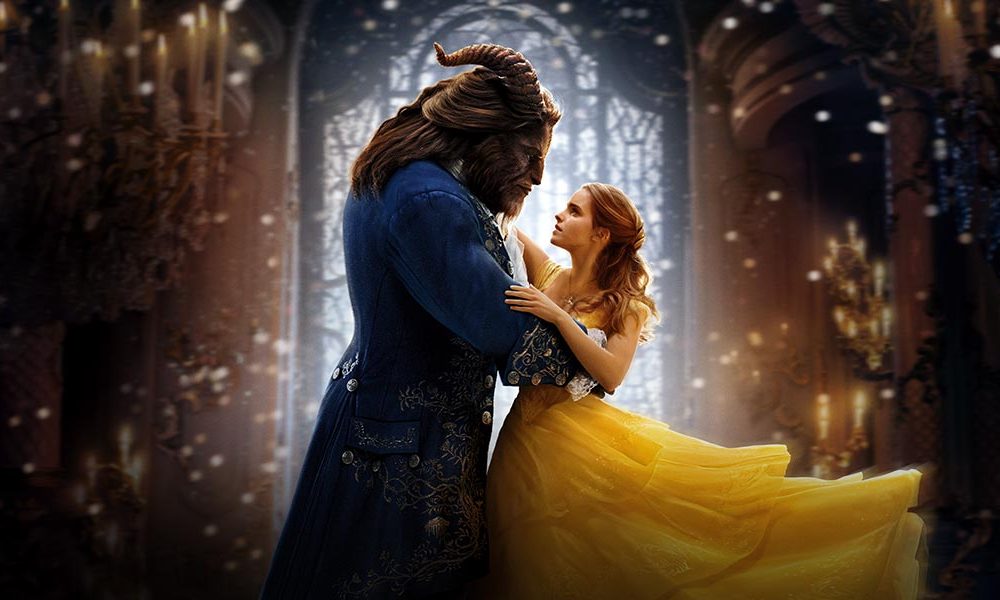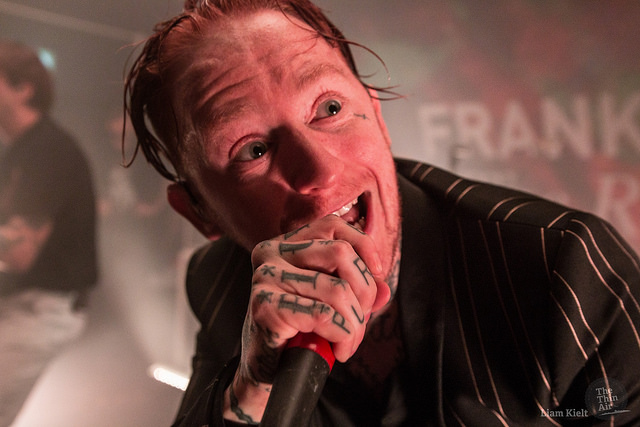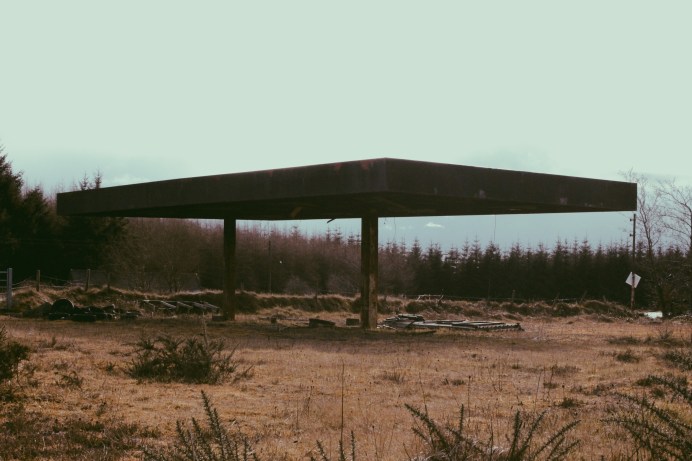One of the reasons fairy tales work is that they are so obviously not real. Their fantastical, exaggerated qualities help make the horror, weirdness and romantic impossibilities easier to process. And while it wasn’t exactly frightening, Disney’s iconic animated musical Beauty and the Beast, part of the late-80s/early 90s “Disney Renaissance”, had an understanding of how to build Gothic contrast, moreso than even the 18th-century French original, in which the Beast is not Beauty’s jailor but her doting servant.
There was a strangeness to Beauty and the Beast‘s obviously warped story; not just the Stockholm Syndrome infatuation, or the intense visual mismatch between lovers, but also the whimsical oddness of the castle whose objects spring to life, and the dopey violence of Gaston and his sidekick sycophant LeFou. Directed by Bill Condon, jumping from mid-budget work like The Fifth Estate and Mr. Holmes, this new Beauty and the Beast is the latest in Disney’s expanding production line of live-action remakes, another faithful retread which feels curiously unvital. The film has come to life and, at the same time, lost much of it too.
Stephen Chbosky and Evan Spiliotopoulos’s screenplay expands the 1991 story with a larger runtime, and much of the extra space is spent fussing over elements that complicate emotions without really enriching them (there’s also an effort to plug some of the logic gaps of the 1991 film, like why no-one seems to remember the prince who lived in the giant castle down the road). Emma Watson’s Belle, the girl too bright and idiosyncratic for her small-minded, provincial village, lives with the widowed Kevin Kline, bringing weight to the father’s makeover as a soulful, melancholic creative. Belle’s maternal absence now warrants explanation for some reason, and thanks to some parchment trickery, her mother’s ambiguous death gets unpacked, but it feels slight and doesn’t really feed into the rest of the action. It’s the same thing with the Beast’s childhood, which we only get a glimpse of, and is folded into the motivation behind the enchanted objects loyalty to a master whose selfishness got them shazammed into talking bric-a-brac, another quirk which could have stayed unaddressed without much harm.
Belle is a girl ahead of her time, a bibliophilic, inventive heroine. Watson feels modern while still innocent, and can do plucky eye-rolling at Gaston’s ludicrous advances, but struggles to match the earnest, emotional force of Paige O’Hara’s original voice performance. The true love narrative, perhaps because of its improbably, requires a letting-go that Watson’s careful performance can’t communicate. Indeed, a lack of personality is a problem across the board. The Beast, played here by Dan Stevens, feels domesticated, a computer-generated goat-man with horns, hair and molten facial features, a pouty version of the feral, horror-movie original, who could switch believably between rage and noble sadness. Belle and the Beast’s courtship has been padded out with extra dialogue, and there is an earthier, wittier rapport, but the familiar grand gestures, like her introduction to the castle library, feel diminished.
The musical numbers are still charming (there are a couple of additions), there is a pastoral niceness to much of the imagery (which feels stagey in comparison with Cinderella‘s visual texture) and Luke Evans’ Gaston is a hoot. Evans plays him as a sort-of likable asshole, even when he is scheming his way into Belle’s affections, a fun take on the vain, preening jock, his softer edges typical of the movie’s light tone. LeFou (Josh Grad) is no longer a disgusting toadie, played instead as an obvious romantic admirer of Gaston, with a conflicted conscience. It’s nowhere near enough of an innovation to justify the ‘gay moment’ hype, an ambivalence that seems to fit with a film so unsure and undaring. Beauty and the Beast will satisfy many with its smiley, glittering set pieces, but all this effort feels ornate, over-eager and, despite the thematics of looking beyond appearances, superficial. Conor Smyth






